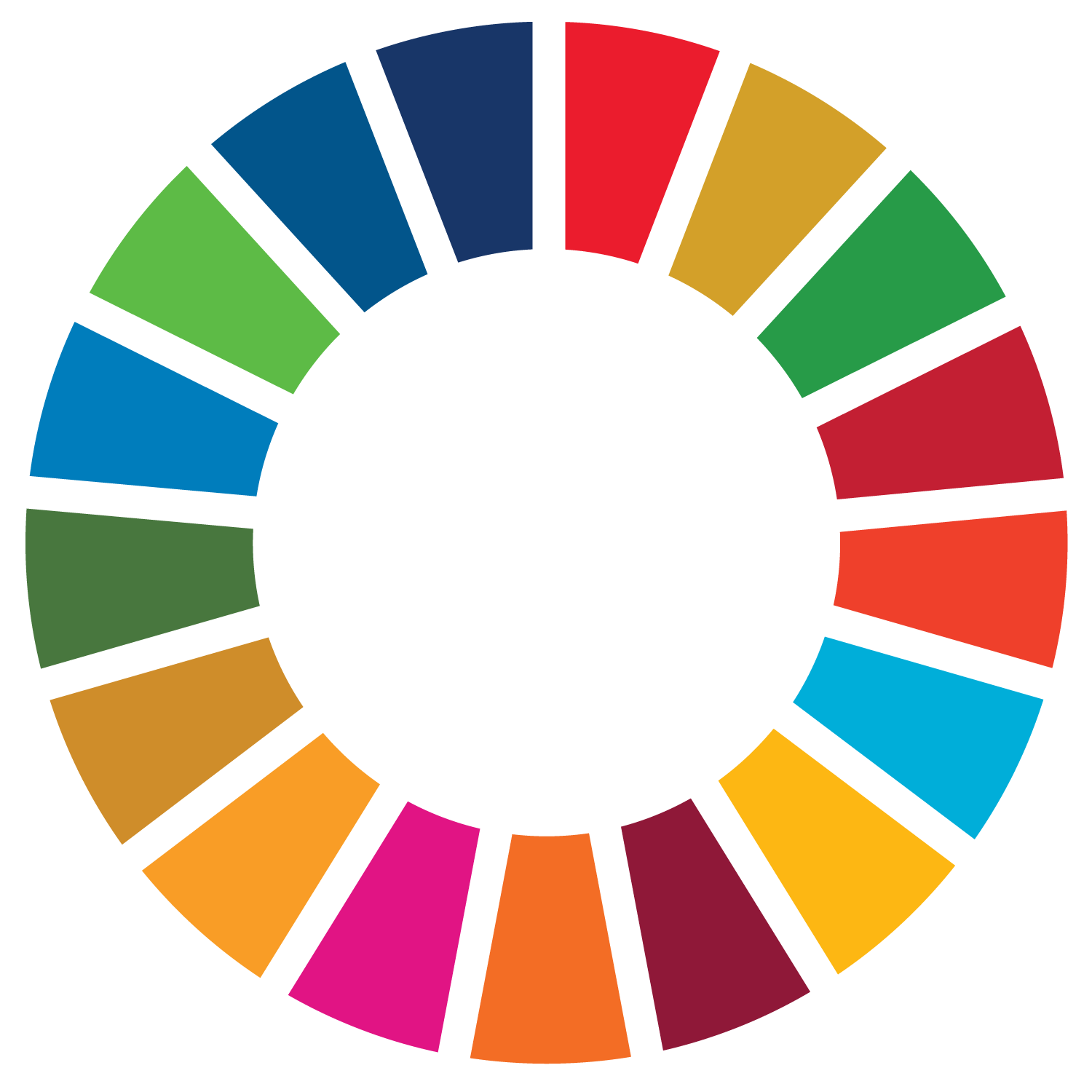Photo credit: Secretariat of the Convention on Biological Diversity (SCBD)
The 15th UN Biodiversity Conference (COP15) was held in Montreal, Canada, between 7-19 December 2022. The conference brought together governments from around the world to discuss a new Global Biodiversity Framework that will help to halt and reverse nature loss. Nations agreed on a historic deal to protect 30% of global terrestrial and marine areas and restore 30% of degraded ecosystems as well as a mechanism to finance their implementation with the Global Biodiversity Fund.
UNEP called on the Parties to the Convention on Biological Diversity to secure the future of the earth by working with nature to protect biodiversity. A new UNEP-DHI publication, How Nature Can Help Address Water-related Challenges – Freshwater Ecosystems Technical Brief, highlights the role that freshwater ecosystems can play in tackling the triple planetary crisis – climate change, nature and biodiversity loss, and pollution.
Freshwater ecosystems are declining at an unprecedented rate: With an estimated 2 billion people relying on rivers for their drinking water, and hydropower remaining the largest source of renewable electricity, clearly, freshwater ecosystems are essential for sustaining human life and economies. Unfortunately, freshwater ecosystems are declining at an unprecedented rate. Only 13% of the wetlands present in the year 1700 remained by 2000. Biodiversity in freshwater ecosystems is also declining much faster than in our oceans or forests – at the alarming rate of 76% between 1970 and 2016, the report states.
Healthy freshwater bodies can sustain biodiversity and the related ecosystem services. According to the UNEP-DHI report, the strategic recognition and application of Nature-based Solutions (NbS) in freshwater ecosystems can mitigate climate-related risks and create cross-sectoral benefits such as:
- New employment opportunities
- New income opportunities
- Agency for local communities
The brief also looks at NbS interventions and lessons learned from different projects in Afghanistan, Albania, El Salvador, Haiti, Kenya, Morocco, and Tanzania.
Share this post
UNEP-DHI Centre on Water and Environment
Agern Allé 5, 2970 Denmark
Tel: +45 45169200
